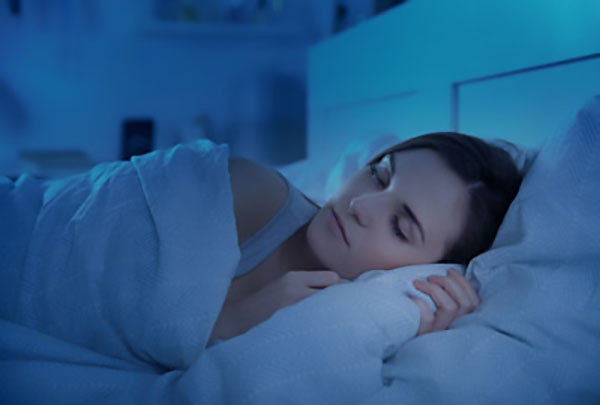Sleep Apnea Treatment: A Look at CPAP Machines and Oral Appliances

Sleep apnea is a chronic sleep disorder that causes people to momentarily stop breathing several times throughout the sleep cycle. Indications of the condition include chronic fatigue, snoring and hypertension. In its early stages, sleep apnea may not cause visible symptoms, but it may cause remarkable damage without prompt treatment. This article discusses CPAP machines and oral appliances, the two most common sleep apnea treatments.
Overview of sleep apnea treatment
The two major types of sleep apnea are obstructive sleep apnea and central sleep apnea. They both disrupt sleep patterns, and people living with the condition will often wake up feeling unrested and lethargic. Without treatment, it may significantly affect a patient’s short-term and long-term physical and mental health.
If the upper airway is blocked partially or completely while sleeping, it is a case of obstructive sleep apnea. The obstructive forces the chest muscles and diaphragm to work harder to keep the blocked air passages open and draw air into the lungs. Obesity is a contributing factor to this condition. The treatment choice depends on the severity of sleep apnea, but weight reduction might improve the condition.
Diagnosis
Dental professionals are often the first to discover signs of sleep apnea by simply examining the airway during a routine checkup. The patient will answer questions about their sleep patterns and if they have noticed any signs or symptoms. Some of the indicators that the general dentist will be looking for during the examination include large tonsils, an oversized tongue, a large or long uvula, and signs of teeth grinding and acid reflux.
Treatment options for sleep apnea
CPAP machine: the most popular treatment for sleep apnea is called the continuous positive airway pressure (CPAP) device. This device functions by delivering a steady flow of pressurized air through a mask into a person's respiratory system. For cases of severe to moderate sleep apnea, a CPAP will probably be recommended.
Oral appliances: for those with mild to moderate sleep apnea, the dentist can have a customized mouth device created for the patient. Oral devices are designed specifically to treat sleep apnea by repositioning oral tissues to prevent them from blocking airways. Oral appliances have the same benefits as the CPAP machine minus the tube or operational noises that may disrupt sleep.
Unlike the bulky CPAP machine, oral appliances are portable enough to fit anywhere. This feature makes them perfect for patients who move around a lot. Many people prefer the oral device over a CPAP because of the simplicity of the design and its non-intrusiveness. A dentist can recommend them for patients with severe sleep apnea along with CPAP devices to improve the compliance rate and efficiency of treatment.
In conclusion
By going for sleep apnea treatment, you can reduce the risk of other health conditions, such as stroke, diabetes and heart disease. You will also improve your sleep quality and, consequently, your mental and physical wellbeing. If you have been experiencing signs of sleep apnea, contact the general dentist for an appointment.
Request an appointment here: https://artisandentalbellevue.com or call Artisan Dental at (425) 454-2005 for an appointment in our Bellevue office.
Check out what others are saying about our services on Google: Read our Google reviews.
Related Posts
A smile makeover can address a wide range of potential visual defects and blemishes in the smile, from stains and chips to gaps between the teeth. However, bite correction is not something that most people know is part of a smile makeover. The good news is that revitalizing your smile does not have to exclude…
Sometimes, it takes more than one procedure to get the smile of your dreams. A dental provider can create a custom plan called a smile makeover to enhance different aspects of your smile. It is best to ask a provider if a smile makeover is right for you, as they can give personalized professional advice.…
A smile makeover can transform your looks and dental function. This is a collection of treatments that you can get for one or more appointments. Understanding how each one works can help you make informed decisions on treatment day. Here are the common smile makeover procedures that you should consider.These are custom-fit shells that cover…
It is possible to enhance the overall appearance of a patient’s smile through a unique combination of cosmetic dental procedures. This is known as a smile makeover. Dental providers make these treatment plans custom to each patient. Here is what to expect at every step of a smile makeover, from design to execution.A smile makeover…









